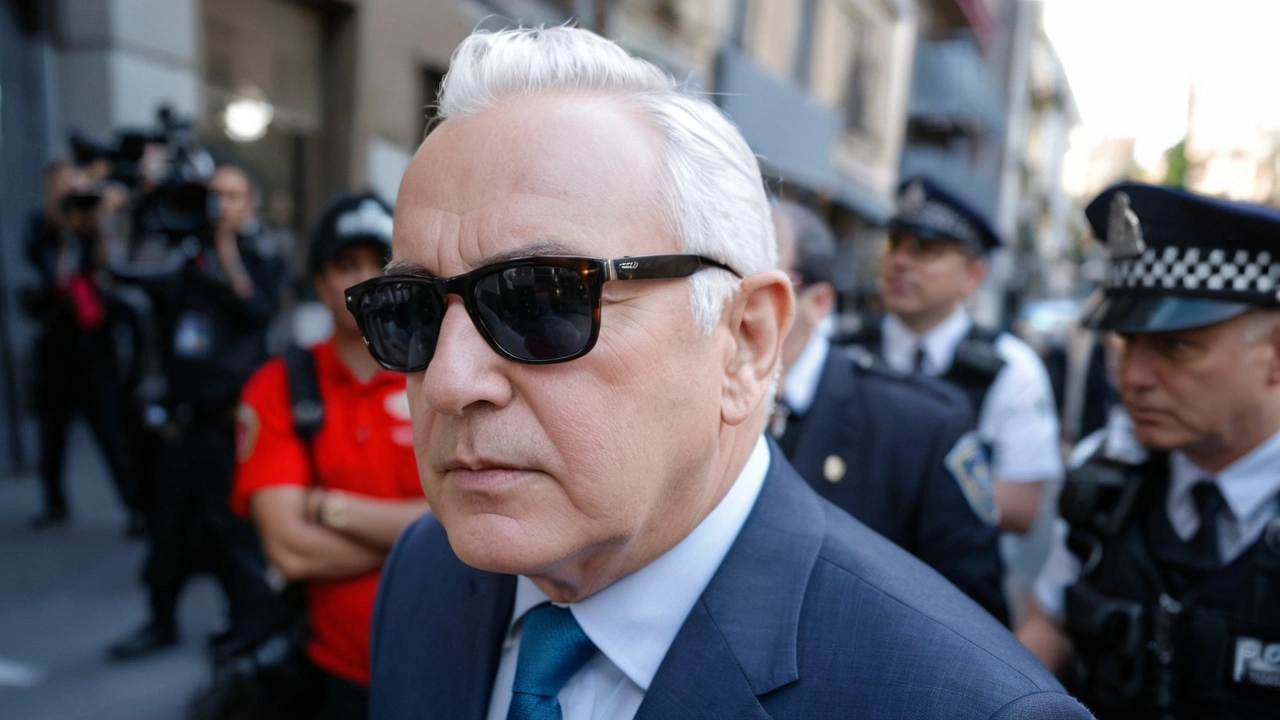BBC Scandal: What You Need to Know
The BBC scandal shook the media world and left many asking tough questions. It wasn’t just about one mistake; it was about how a series of decisions affected public trust in one of the UK’s most respected broadcasters. Let’s break down what happened and why it matters to everyone who relies on honest news.
The scandal involved major journalistic errors and internal missteps that sparked debates about ethics in reporting. When trusted sources blow it, the fallout is felt far beyond the newsroom. The BBC’s way of handling the situation raised eyebrows, highlighting how media companies must balance transparency with protecting their reputation.
What Led to the Scandal?
At the heart of it, the scandal stemmed from lapses in editorial judgment and oversight. Faulty reporting, unclear fact-checking processes, and pressure to produce scoops faster than ever all played roles. In this fast-moving environment, mistakes can snowball — and in the BBC's case, they did.
How the BBC responded only added fuel to the fire. Some feel the broadcaster was slow to admit fault, while others believe lessons have been learned and measures put in place to prevent repeats. Either way, confidence took a hit, and rebuilding trust is no simple task.
The Bigger Picture: Why It Matters to You
This scandal isn’t just a media story; it’s about how you get your news and how much you can count on it. When errors slip through, it casts doubt on what you read and see. The BBC scandal reminds us all to think critically about news sources and demand higher standards.
Media watchdogs, journalists, and audiences alike are now watching closely to see if the BBC can turn things around. Changes in policies, stronger fact-checking, and more transparent communication with viewers might be the way forward. As news consumers, staying aware and asking questions keeps everyone accountable.
Staying informed doesn’t mean blindly trusting every headline. Instead, it’s about understanding the challenges news organizations face and supporting efforts that improve accuracy and fairness. The BBC scandal is a wake-up call, pushing for better media that truly serves the public’s right to know.
BBC Under Fire: Culture Secretary to Confront Tim Davie Over Huw Edwards Controversy
Lisa Nandy, Culture Secretary, is set to meet BBC Chief Tim Davie regarding the corporation's handling of the Huw Edwards case. Edwards, BBC's ex-top newsreader, pleaded guilty to making indecent images of children. Despite knowing of Edwards' arrest beforehand, BBC continued his employment, raising serious questions about its internal policies.

